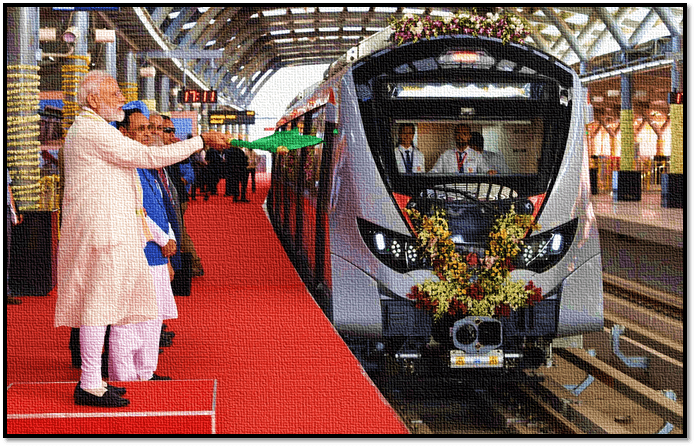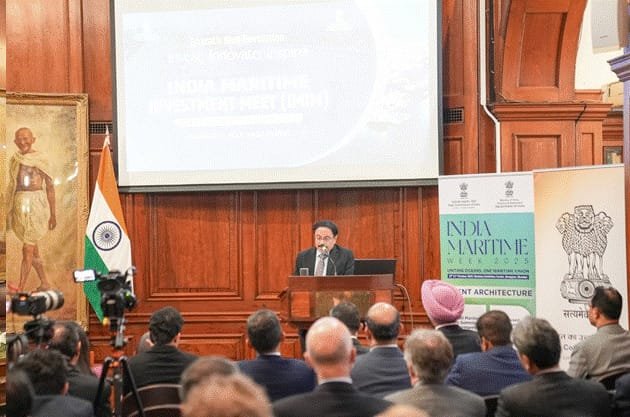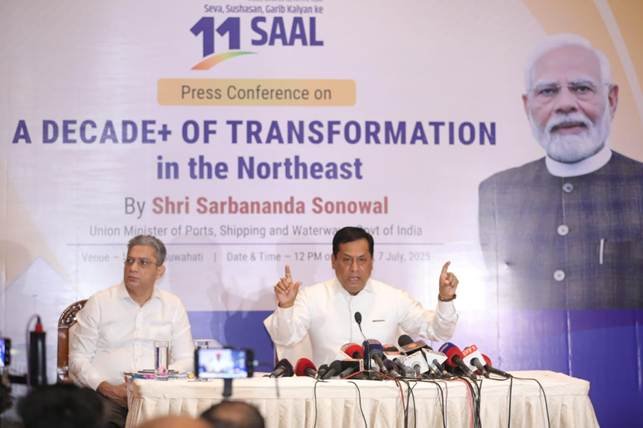Metros have reshaped urban travel in India
The Prime Minister, Narendra Modi, has laid the foundation stones for multiple projects worth over Rs.12,200 crore in Delhi, including the inauguration of the 13 km stretch of the Delhi-Ghaziabad-Meerut Namo Bharat corridor, which will greatly ease travel between Delhi and Meerut https://www.conexpoconagg.com/.
In addition, he launched a 2.8 km stretch of Delhi Metro Phase-IV, benefiting West Delhi and laid the foundation for the 26.5 km Rithala-Kundli section, further strengthening connectivity between Delhi and Haryana https://www.globaltenders.com/.
“Over the last decade, extensive work has been done in boosting metro connectivity, thus strengthening urban transport and enhancing Ease of Living,” said the Prime Minister https://ted.europa.eu/en/.
Three Metro Rail Projects have been approved:
Bengaluru Metro Project: 44 km expansion comprising two corridors.
Thane Metro Project: 29 km network aimed at reducing congestion on the roads of Thane.
Pune Metro Project: A 5.5 km route to further improve urban mobility in the city.
Along with domestic progress, there is increasing international interest in India’s expertise in metro rail systems.
Metro systems have transformed travel in India. Covering over 1,000 km across 11 states and 23 cities, millions of people rely on them for quick, easy and affordable travel.
“With this growth, India has become home to the third-largest metro network in the world,” said the Prime Minister, highlighting, “The metros are not just a way to get around — they are changing how we live and move in cities https://www.nseindia.com/.”
The corridors and lanes of metro systems have reshaped urban travel in India, with a journey that began decades ago. In 1969, the initiative for a metro system was launched through the Metropolitan Transport Project. However, it took nearly two decades for the first step to become a reality https://www.bseindia.com/.
Metro expansion in India has gone beyond just land-based transport, embracing innovative solutions for the future, said a press release from the Ministry of Housing & Urban Affairs.
From under-river tunnels to driverless trains and water metros, India is setting new standards in modern urban mobility, it added.
Milestones:
Under-Water Metro: In 2024, PM Modi inaugurated India’s first under-water metro tunnel in Kolkata, where the Esplanade-Howrah Maidan section passes beneath the Hooghly River. This remarkable feat showcases India’s engineering capabilities.
Driverless Metro: On 28 Dec 2020, India launched its first-ever driverless metro service on Delhi Metro’s Magenta Line, setting a new benchmark for automation in public transport https://sbi.com.in/.
Kochi Water Metro: Kochi, Kerala, became the first city in India to launch a Water Metro Project, connecting 10 islands around the city with electric hybrid boats. This groundbreaking initiative ensures seamless connectivity, with the first boat launched in December 2021.
Separately, the Delhi Metro Rail Corporation (DMRC) is currently overseeing the implementation of a metro system in Bangladesh and has offered consultancy services in Jakarta.
It is also exploring collaboration with countries such as Israel, Saudi Arabia (Riyadh), Kenya and El Salvador for their metro development projects. Fiinews.com










